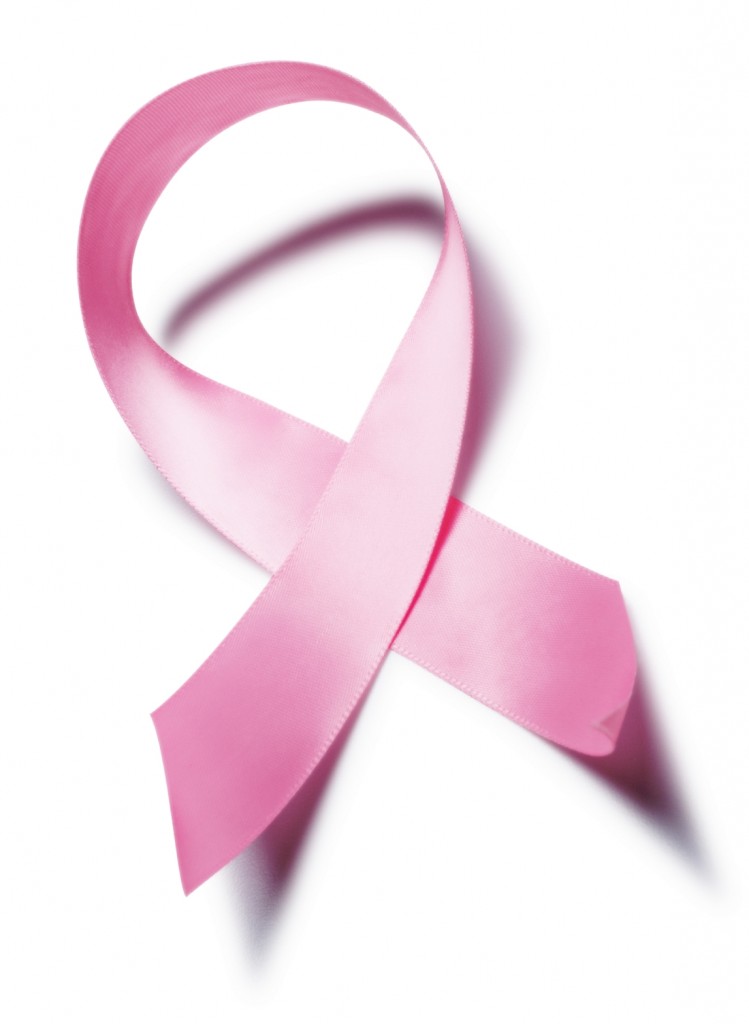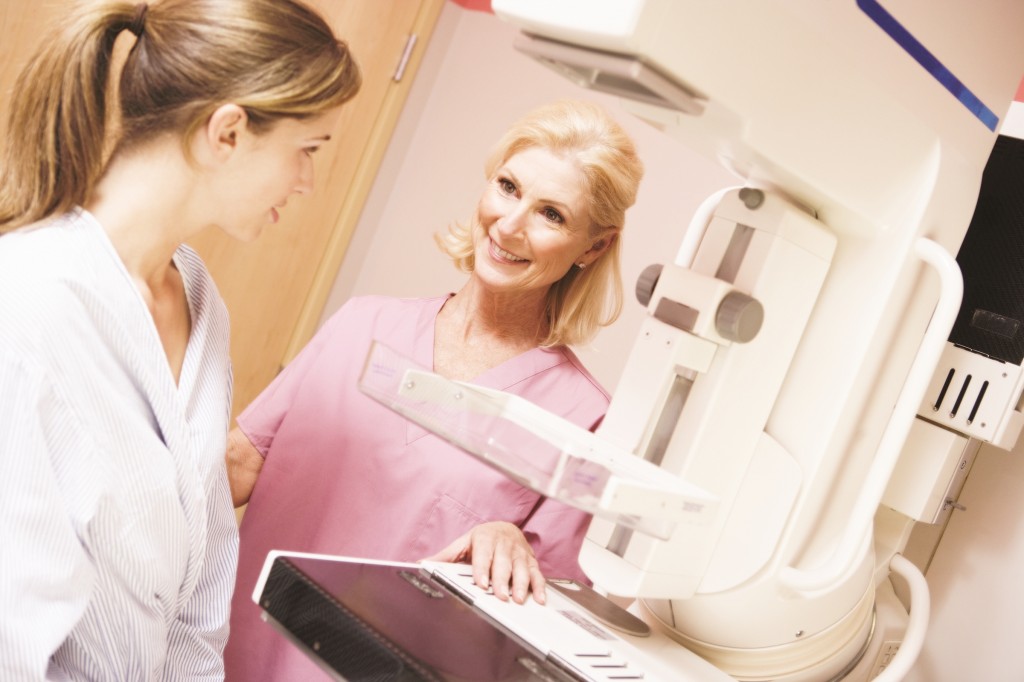As “Breast Cancer Awareness Month” (BCAM) nears, we thought we’d impart a little education on one of the most feared silent killers. Breast cancer does not skip generations, you don’t need a family history of breast cancer to get it, and contrary to popular belief, there are things you can do to reduce your risk of getting breast cancer.
1. What you need to know about breast cancer.
Worldwide, 1.3 million women are diagnosed with breast cancer each year. 400,000 out of that 1.3 million will die. In Malaysia, about 4,000 women are diagnosed each year. However, many of those deaths are preventable and it requires early detection and treatment.
One out of 20 women in Malaysia risk of getting breast cancer in their lifetime.
Breasts are made up of milk glands, which consist of lobules. Milk is made in lobules, and tubes called ducts take milk to the nipples. Breast cancer develops when cells in the breast grow out of control.
2. The types of breast cancer.
Pre-invasive breast cancer is when the cancer has not spread beyond the breasts. There are two types of common breast cancers and they are ductal carcinoma in situ (DCIS) and lobular carcinoma in situ (LCIS). However, most breast cancers are diagnosed at invasive stages which consist of several types:
• Early breast cancer: confined in the breast but may have spread to one or more lymph nodes in the armpit.
• Locally advanced breast cancer: may have spread to places near the breast (skin, muscles, and chest) but not found in other parts of the body.
• Metastatic (advanced) breast cancer: cancer cells have spread to other areas of the body like lungs, bones or liver.
3. How you can protect yourself.
Many women have a fear of screening facilities or pain. But what good is it to be in denial, steered away from social stigmas, or bound by the fear of rejection? In Malaysia, 50% to 60% of breast cancer cases aren’t detected until the late stages.
Don’t fall into that statistic.
There are self-examinations you can do and periodic checks that you need to maintain (e.g. mammograms). You know yourself best so if there are changes to your breasts, unusual redness, or lumps, you need to get a doctor’s opinion.
And remember, it doesn’t always have to hurt for it to be cancerous.
For more information visit the official “Pink Ribbon International” website or the “National Cancer Society Malaysia” website.












